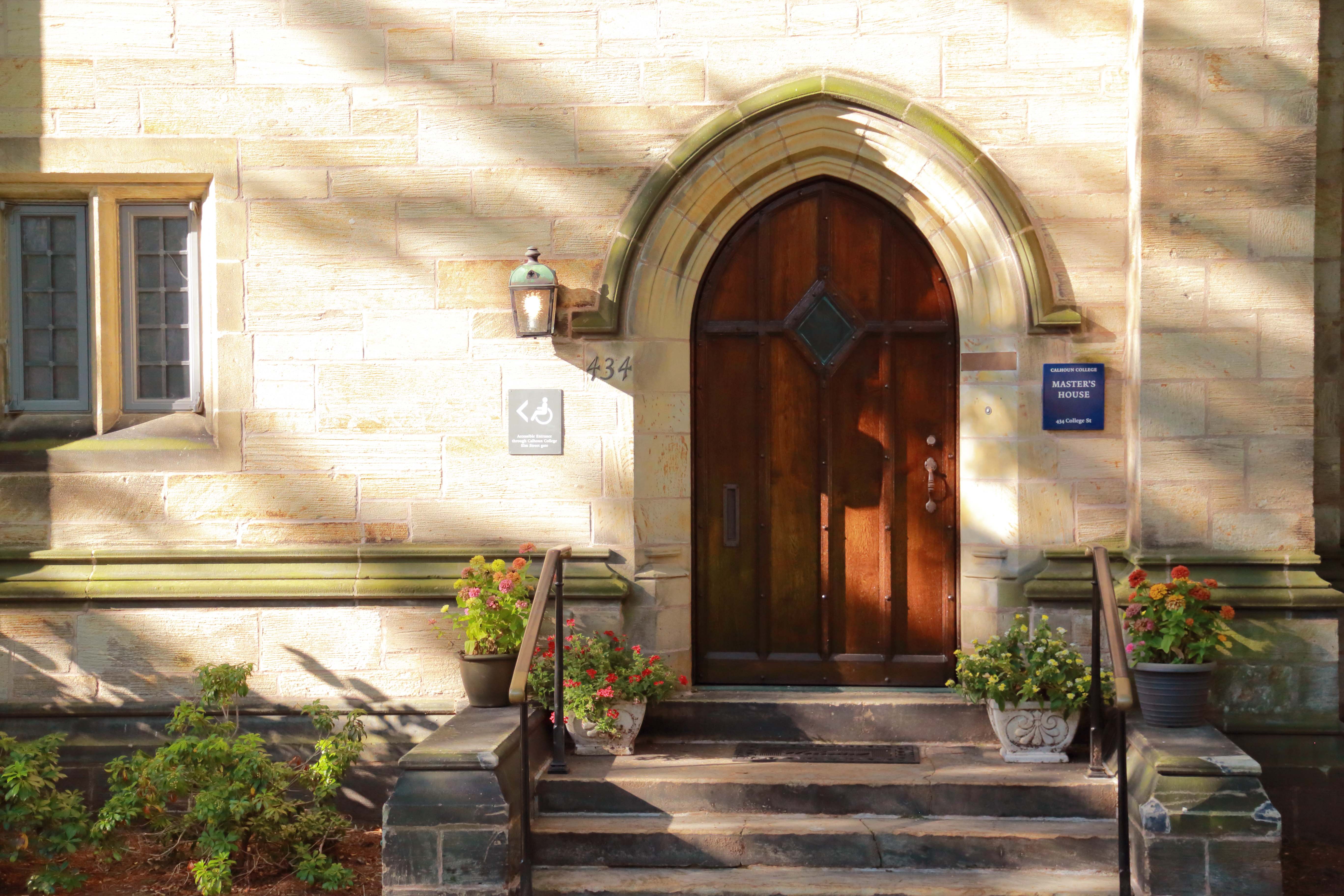
As the Yale Corporation prepares to meet this weekend, the Council of Masters and top University administrators have kept largely silent about the council’s long-awaited recommendation on whether to change the title of master.
Since August, the 12 college masters have been discussing whether to change the title at their monthly meetings. The council had been expected to submit a recommendation to University President Peter Salovey to be discussed at the Corporation’s February meeting, though it is unclear whether a decision will be reached then. Such an alteration would require a change in University bylaws, which can only be approved by the Corporation. In interviews with the News over the past few months, both Salovey and Yale College Dean Jonathan Holloway said they believed a recommendation from the council was forthcoming.
One source familiar with the council’s deliberations told the News that the recommendation has changed several times. Salovey and Holloway would not confirm whether a recommendation had been submitted.
“I have been asked by the masters to keep the fact of whether or not they submitted anything to the Corporation confidential, so I want to honor that promise,” Salovey said Thursday night. “But I can say that if the masters submitted anything, I would make sure the Corporation saw it.”
The source said the council had been “flip-flopping” on its decision. On Thursday, Salovey indicated that he had not received multiple recommendations. Because he had agreed to confidentiality, however, he said he could not confirm whether he has received a single recommendation or not.
Over the course of the past several months, Salovey has chosen to say less and less about deliberations within the council. He told the News last semester that he expected the council to submit a recommendation before the Corporation’s February meeting. In mid-January, he said he could not comment on the council and that if the group planned to submit a formal recommendation to him, it had yet to do so.
Similarly, Holloway, who works closely with the council, has grown reticent on the issue. In December, Holloway told the News that he expected a recommendation from the council to be submitted to Salovey by the end of winter break. At the start of the semester, Holloway said the recommendation would arrive “momentarily.” But last week Holloway said he had “nothing to add” until the Corporation makes its decision.
Residential college masters contacted for this story either declined to comment on the status of their potential recommendation or did not respond.
Stephen Davis, head of Pierson College and chair of the council, said the body did not want to interfere with the Corporation’s deliberations by commenting publicly.
“While conversations are ongoing I’m unfortunately not in a position to share any information,” Davis said. “I’ll be happy to have a conversation about these matters once the Corporation’s conversations are concluded. My colleagues and I don’t want any public statements to interfere with their process of deliberation and decision-making.”
At Harvard, change has been slow despite a public announcement to do away with the title in December. Harvard College Dean Rakesh Khurana announced that undergraduate residential house masters had unanimously expressed a desire to change their title with the support of Harvard University President Drew Faust and Faculty of Arts and Sciences Dean Michael D. Smith. Khurana also noted in December that the college would launch a process to find a replacement title by early 2016.
However, the Harvard Crimson reported in a Jan. 26 article that the college had yet to replace the title. Almost all house masters either declined to comment or did not respond to interview requests.
However, Mather House Master Michael Rosengarten said while specifics surrounding a replacement title at Harvard remain confidential, the title of master is still set to change.
“At the moment we are embargoed from discussing the ongoing process,” he said. “What Dean Khurana and all of us wrote in December remains true. The title change comes from the sensitivity of the house leaders to our community of students. This has been a change that has been long in the making and there appears to be no rush for the college to find a new title that serves the 21st century needs of our students.”
The Council of Masters meets roughly eight times during the academic year.







